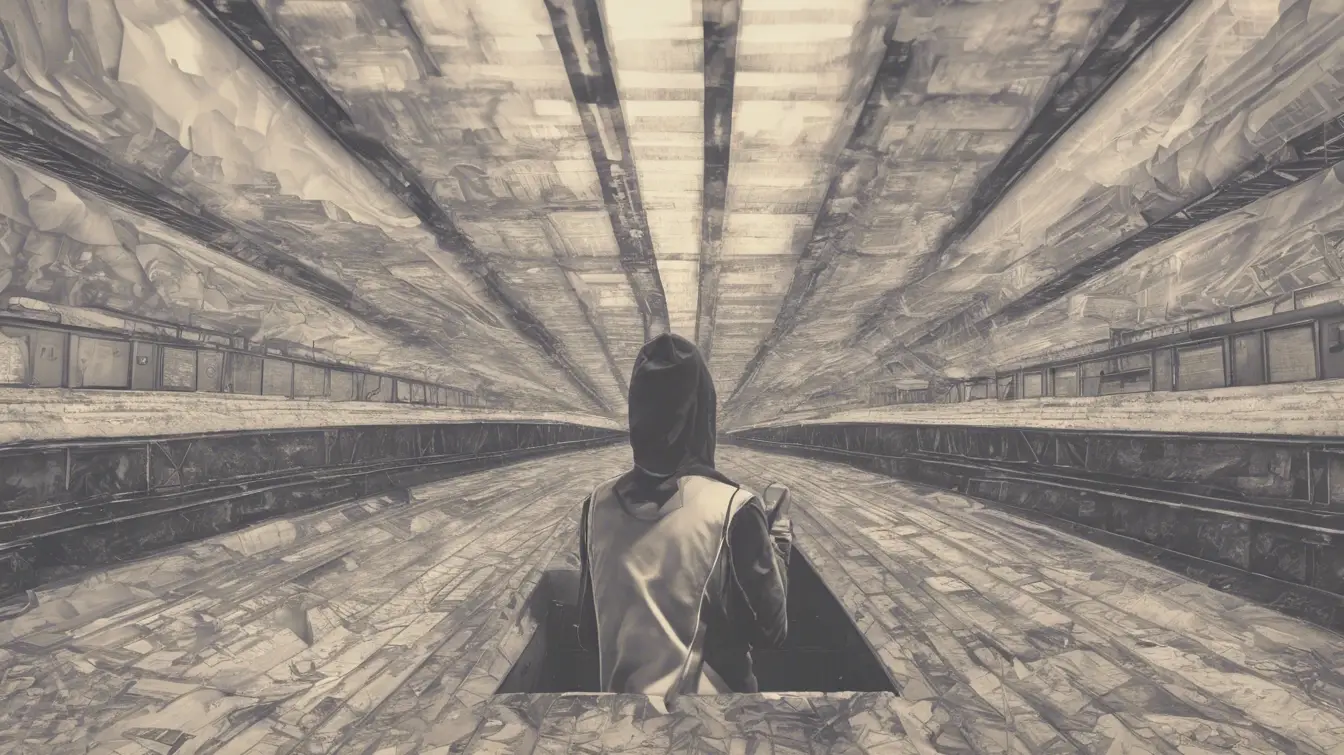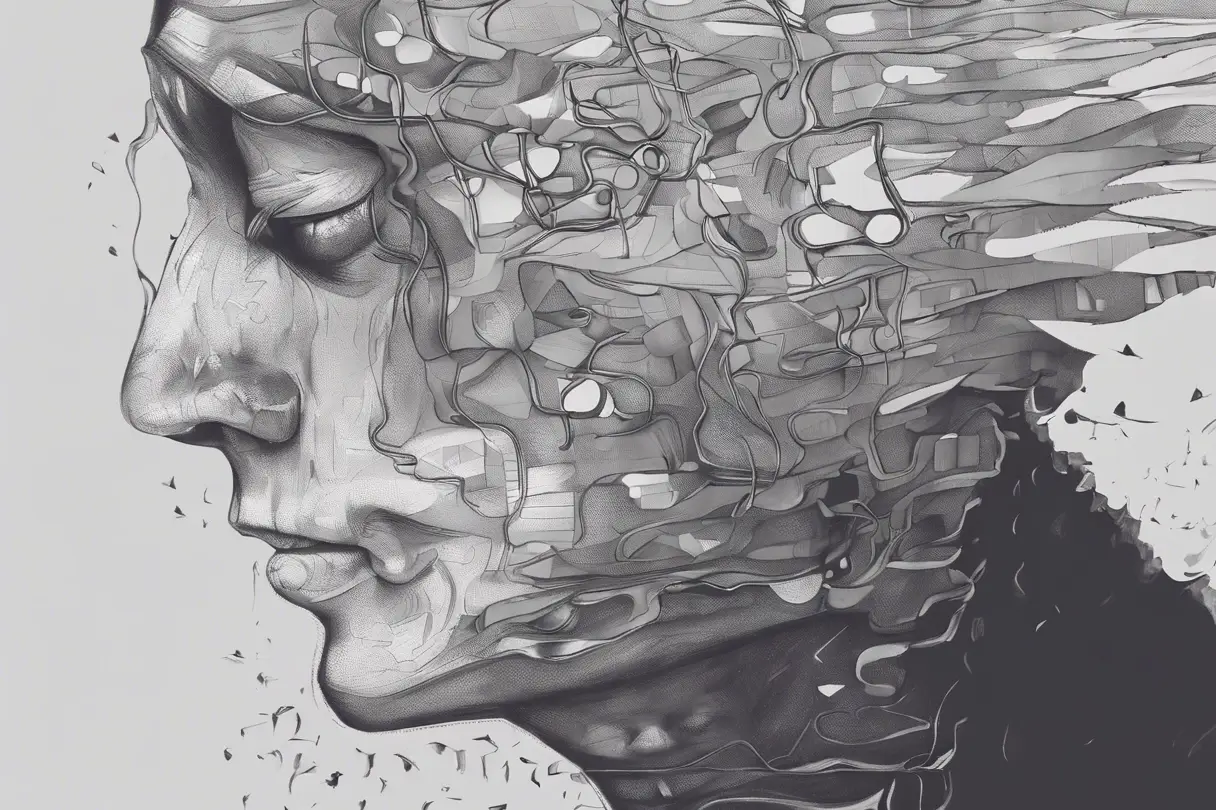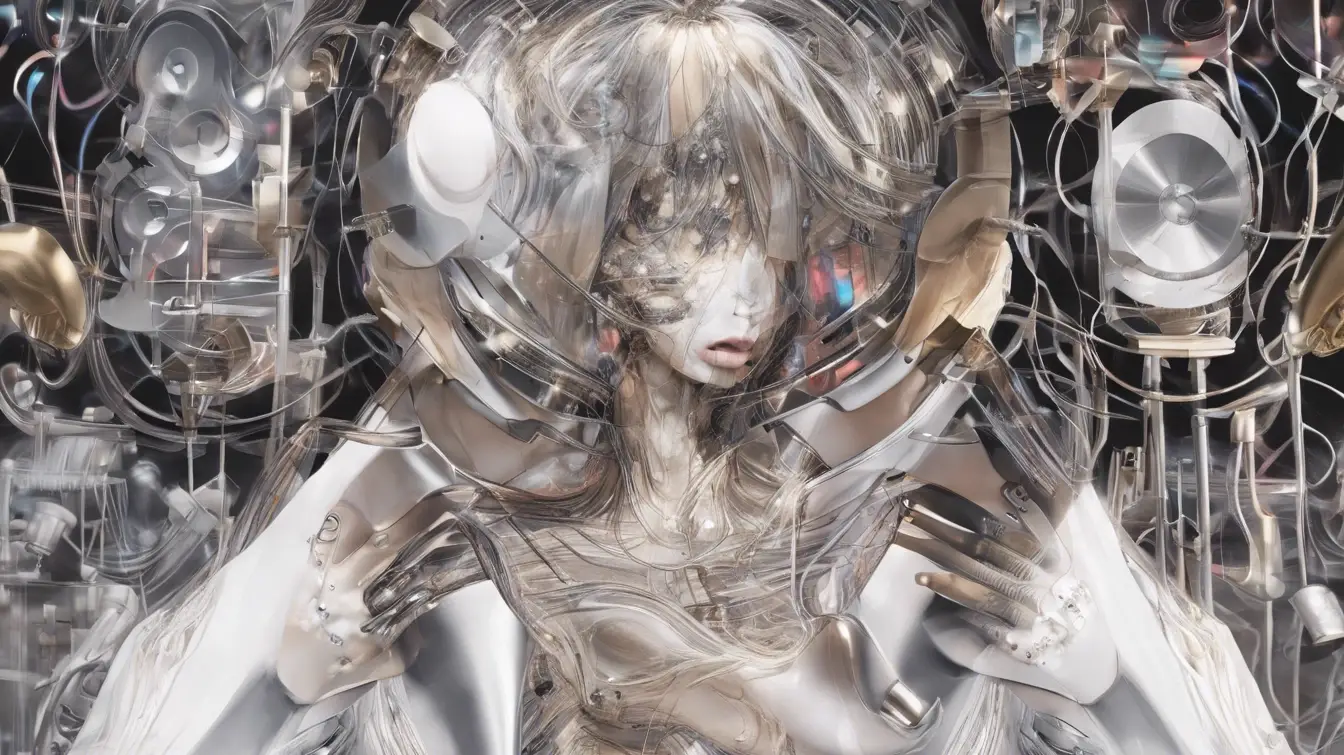somewhere to park stuff while i work out where to put it...
Not Victim
So this idea of I’m at the mercy of whatever goes on sounds like you could easily get into a disastrous situation. But it hasn’t happened. So although you were never in control. Here you are. So the idea that if I’m not in control things are going to get really bad. That’s just a stupid story. So you’re not giving up something that you had. What you’re doing is recognizing what was always the case. You’re not going from being in control to not being in control. You were never in control. And yet everything’s worked out.
Conditions
Yeah, that that intention is also not in the vacuum. It doesn’t happen in a vacuum. No, well, it’s also a result of causes and conditions. So so causes cause and effect is a really simple. notion. We have this idea that one or two things can cause something else to happen. But as soon as you investigate it, you realize that in fact that there’s a million things involved. Infinite number of things.
In fact, everything that’s ever happened in the world since the beginning of existence had to be exactly the way it is for any happening to happen.
diversion
What we can assume is that the desire to eat or whatever it is, that is a diversion from something we don’t want to feel.
And that something is undefinable because it has the potential to be catastrophic. At some unexamined level, and it was very likely was potentially catastrophic as an eight-year-old’s without the resources to cope with a lot of things that a much older person does have, a much more experienced person.
So that fear of what might happen, it never gets examined because we’re always succumbing to the behavior that takes us away from it, that we use to avoid it, that behavior being the desire for food or eating.
That we can believe that presumption will prove to be right frequently, it may not always be right, I don’t know.
So what we’re saying is that what we’ve got is an organism that’s burdened with a particular kind of maladaptive behavior.
It doesn’t work out well for us to have that behavior. It’s better if we didn’t health-wise and every which way I guess.
But of course, to drop it means that we change. We become a different person. And ego. I’ll define, I’ll talk about ego at the moment.
But ego is… It is the self on on defense, defense duty, so to speak. So it’s stories that we believe that a crucial, or at least seem crucial to our feeling of wellbeing.
Right. So we want to see ourselves in a certain way in order to feel okay. And we’ll do pretty much anything in order to keep seeing ourselves in that way.
That’s, you know, that’s really part of what we’re changing with this. The self view becomes different. and consequently the responding that we do is different and so on.
Yeah. So, anything, anything you think, whatever the mind brings to the table, is a diversion. You know, in a good, bad, indifferent, anything, whatever it is that the mind brings to the table, is an invitation down the yellow brick road.
You know, it’s an invitation for an adventure that is created every time. And that’s not to say that it’s inevitably bad that that happens because that’s everything. That’s all that happens.
There’s no escaping that we spend our whole waking time and the considerable part of our sleep time simply responding to conditions in a way to maintain a particular story about ourselves.
Crazy, absolutely crazy stuff. But yeah, that’s what we do. So when you consider that whatever your mind brings to the table is a diversion away from what you are feeling, it’s easy to get the idea that that’s wrong.
But that’s not wrong. That’s okay. That’s what happens. Well, by the time you realise it’s happened, it’s already finished. It’s already done.
Yeah. So, if you can just recognise that no matter what you bring to the table about that is only about that.
It can’t be changed.
It’s additional to it.
It’s a post-it note that you put on reality. Whatever it is that’s about, it is a post-it note.
It’s just surplus. But what it will do is it will add certain conditions that produce your next experience. And you can see fairly easily, imagine, that it’s not going to add conditions that are good. It’s just going to corrupt it in some way. It’s going to complicate it. It’s going to influence it.
It’s going to… Maybe that’s why we do it because part of our our self-image thing is that we want to feel like we’re in control of our lives.
I think that you and I have something that is a bit uncommon and that is that we are more inclined to take what real life offers us as the meat to work with, with this stuff, rather than generate it and take it to the laboratory, so to speak, as a way of doing it.
You don’t need what I’ve suggested before.
It kind of does sound like lab work, and it probably is as a preparation for the dynamism that comes with real life stuff, because you get plenty of it.
Real life stuff gives it to you all the time, you know. Every time you have a fantasy about doing something or not doing something, know, you’re well and truly in it.
There’s stuff to work with. That’s great. and then there’s language again. say stuff to work with, but for me it’s stuff to play with. I just love playing with it. How I respond to it. And you know, for a while, I’ve been really looking forward to somebody walking up to me and abusing me or I would love to have that happen.
It has happened a couple of times in my life, but last time it happened, I got sucked into it so swiftly and so much that it was, I was agitated for a couple of hours.
It was a stand-up yelling match with an asshole of a neighbour.
But then he moved and I’ve got no one to do it with anymore, but I’d love it to happen just to see how I respond.

Where to investigate
Yeah, yeah. Yeah, good one. Yeah. So, so what I was leading to before about you using using your body using the response that your body produces to direct your investigation where to go.
And so you get a gut feeling you might be a really gross way to put it about about the rightness or the value of going in a particular direction.
And then once you get that idea. and you feel the idea, you’d also use your intuition to generate, how can I put it, a question, not just not just a verbal word question, but that’s will be part of it.
But we want to produce a scenario that has just the right amount of juice for you to investigate. And so you might imagine yourself at home and in third grade
you would be eight? Oh hell, So imagine yourself at home. During one of those moments when you’re feeling sorry for yourself, where you’re saying, I wish, I wish things were different.
I wish I wasn’t here alone kind of scenario. Imagine that. But what you’re looking to do is to tap into the feeling that you had as that eight-year-old sitting there being alone.
then play with the possibility that your desire for eating. Now that may be be different to say that it’s saying you’re desire for food.
So again, you’ll have to, that’s part of the investigation. You will, you will consider whether or not it was a desire to get food into you or a desire to be eating food.
And, and you can even now, the very next time you eat, you can watch whether or not there is an inclination, whether or not you’re thinking about the next bite rather than the one that you’re having now.
Right? If it’s, if it’s, if it’s always a next bite focus, then it’s very likely that the, the obsession was with eating rather than having food.
Right? it’s the act of eating that kind of gives you that pseudo satisfaction. It’s never actually satisfying. because you got to keep doing it.
But yeah.

“the sensation is a tight ball of tension in the abdomen, a contraction caused by fear, fear of death is the obvious one, but also fear of loss of control in my life.”
OK, this is an opportunity to drop down to the next level of awareness.
The words tight ball, & contraction are concepts. They are useful concepts because they are attempting to convey what was experienced.
On the other hand, concepts like “tension”, “abdomen”, “fear”, “death” & “control”, all point to something that doesn’t actually exist.
Well, they do exist. They exist in stories.
Stories of great complexity. Stories that have moral undertones like “good” and “bad” or “better” or “worse”
When these concepts are ascribed entity status it is believed that they eminate instructions.
We respond to those..
When we see them as empty concepts, when their fiction is recognized, we respond to that. THIS IS A GET OUT OF JAIL CARD.
It is freedom from being (identified as) a captive of an idea.
Now this doesn’t mean that these feelings (feeling = sensation + story) won’t happen anymore. They will.
They are the result of habitual triggers.
The difference between now and before is that now you will recognize the emptiness of those concepts and laugh at the fact that they turned up.
Once seen – they are weakened. (if not completely dissolved)
Nothing is ever undone. When change happens, it’s done. Further change can happen, but undoing that change can’t happen.
It’s always forward.
This is why whatever turns up, whatever life offers, anything – it’s all good.
If it’s shitty, it’s an opportunity to investigate a habitual trigger.
If it’s pleasant, it’s an opportunity to investigate a habitual trigger.
Just remember that ALL stories are an invitation down a rabbit hole to avoid experiencing sensations. (a big statement, I know. It will be fine tuned when circumstances invite..)
Thoughts








How about you stop trying to figure it out and just experience it?
What is it?
What you are experiencing?
Does that include thinking?
yes.
Does that include feelings?
yes
Does that include anything else?
If you experience it, yes.
What if I don’t like it?
Are you experiencing it? then yes?
does it include the content of my thought?
No. You don’t experience that. ..but you do experience a reaction to that.
Do I experience time?
No. That is a concept. What I do experience is a reaction from comparing two stories (of now and then)
Do I experience distance?
No, that is a concept. What I do experience is a reaction from comparing two stories (of here and there)
Do I experience aging?
No, that is a concept. What I do experience is a reaction from comparing two stories (of how I look and feel now to how I remember)
Do I experience others?
No, that is a concept. What I do experience is a reaction from comparing two stories (of me and not me)
Do I experience the world out there?
No, that is a concept. What I do experience is a reaction from comparing two stories (of in here and out there – both illusions)

